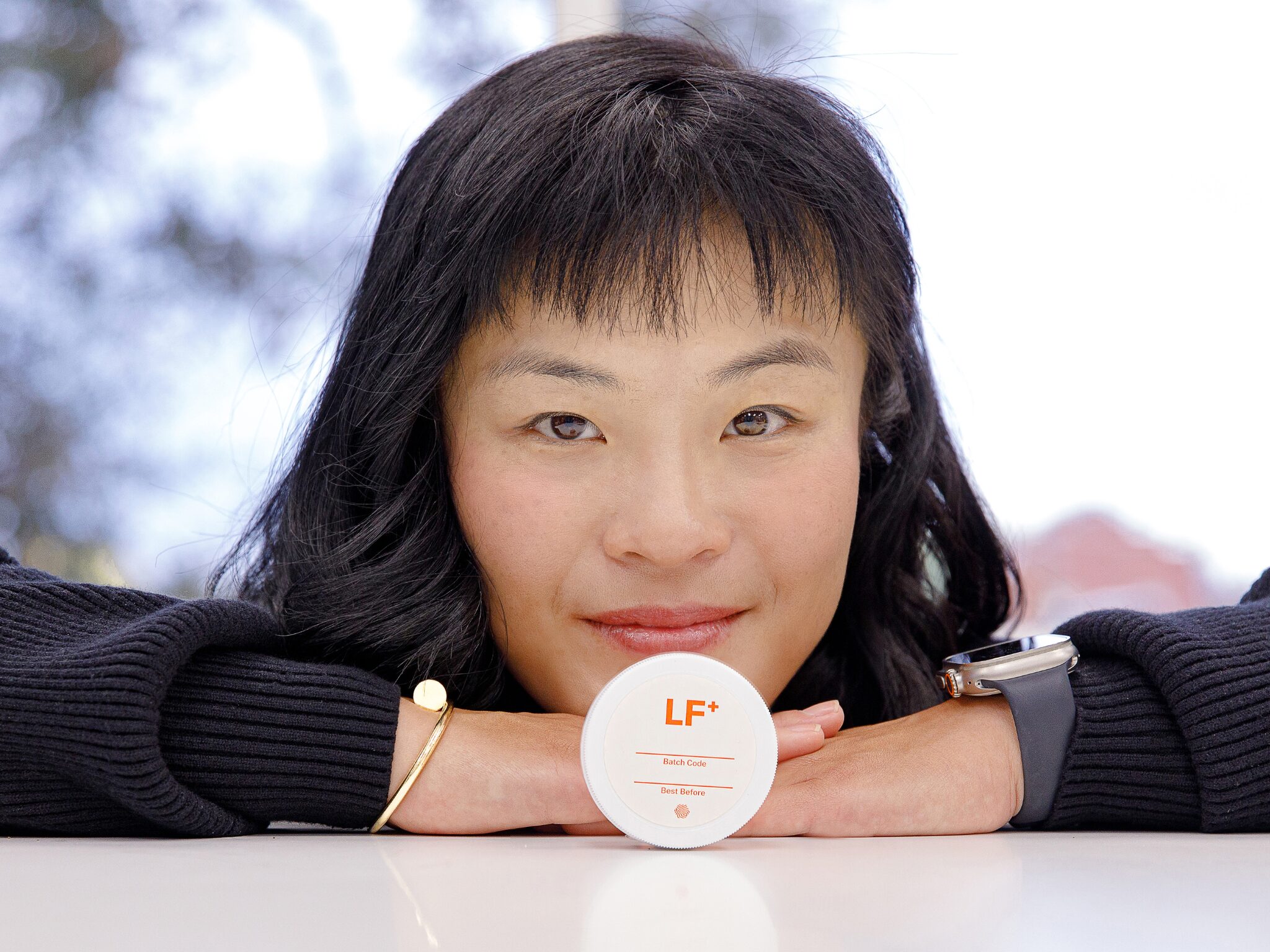Exclusive: TurtleTree Shrinks Staff Amid Fundraising Woes, But CEO Insists Lactoferrin Maker Has ‘Exciting Future’
7 Mins Read
Singapore-based TurtleTree is operating with a skeleton staff as it hopes to secure further investment for its animal-free lactoferrin ingredient.
TurtleTree, the Singaporean precision fermentation specialist working on lactoferrin, has laid off nearly all of its employees amid difficulties in securing capital, Green Queen has learned via an unnamed source.
The startup, which has attracted around $40M from investors since being established in 2019, was reportedly looking to raise another $15M in a pre-Series B round later this year, according to Axios. But according to Linkedin, most executives have left the company since the summer, including TurtleTree’s co-founder Max Rye, its chief marketing officer, its chief financial officer, its chief innovation officer, and its director of scientific affairs.
With a lab at AgStart in Woodland, California, the startup had at least two dozen employees as of 2023 and was hiring as recently as September 2024. In the past six months, however, it has conducted multiple rounds of layoffs, leaving behind a skeleton team, according to three sources close to TurtleTree, including shareholders and former staff, whom Green Queen spoke to.
Co-founder and CEO Fengru Lin confirmed that the firm had shrunk the team to nine full-time employees, telling Green Queen in an email: “Like many companies in the current economic climate, we have made thoughtful adjustments to ensure the long-term health and sustainability of our business.”
When asked to comment on rumours that the company was having fundraising challenges, Lin replied: “We are confident in our financial position and have carefully planned our runway to support our growth and innovation goals.” She added that while fundraising in the current environment was challenging and that investors were more cautious than previously, the company was confident in “our vision, our team”.
One anonymous source suggested that TurtleTree was entering hibernation mode, but Lin insisted that this wasn’t the case. “We are not in hibernation nor shutting down – in fact, we are gearing up for accelerated commercial progress this year,” she told this publication.
According to DealStreetAsia, TurtleTree’s losses widened by 43% in 2023 as it failed to report any revenue, while it was still in the midst of commercialising its LF+ ingredient.
In 2024, the startup – which has high-profile advisors including Dominique Crenn – announced multiple partnerships to bring the whey protein to market, while also notifying the US Food and Drug Administration of its self-determined GRAS (Generally Recognized as Safe) status.
From cell cultivation to precision fermentation
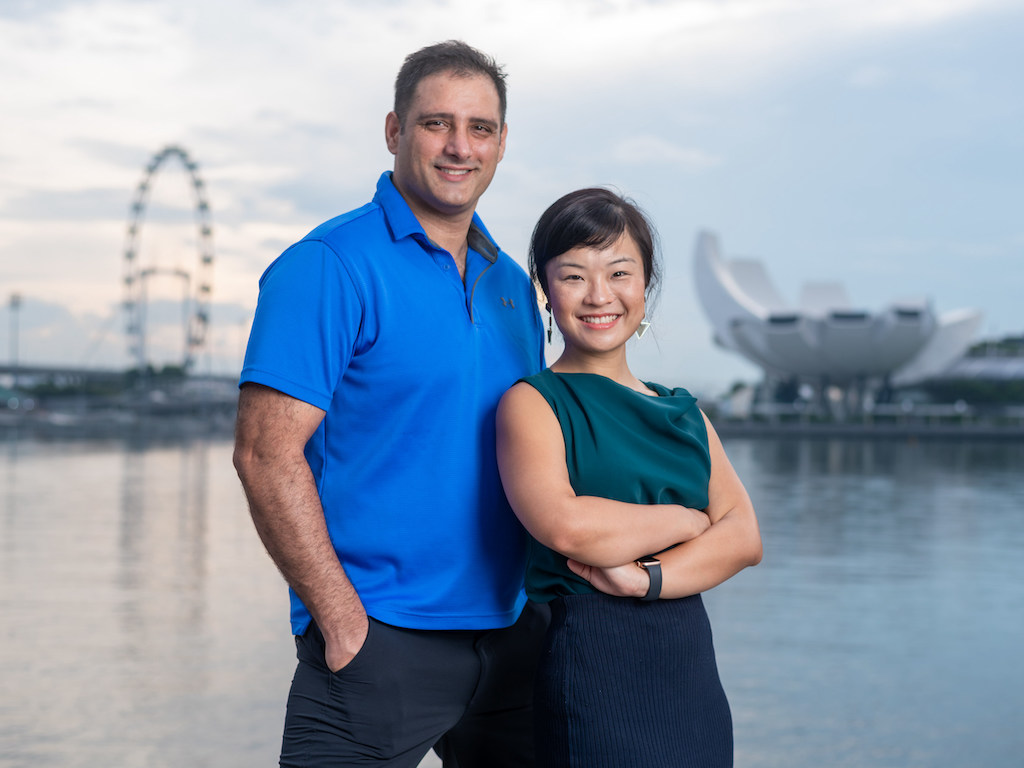
Founded by Lin and Rye six years ago, TurtleTree began as a company making cell-cultured dairy and breast milk ingredients, including raw milk, alpha-lactalbumin, human oligosaccharides, and lactoferrin.
It later pivoted to solely producing lactoferrin, forgoing cell cultivation for precision fermentation. Whereas the former involves culturing cow and human breast cells, the latter sees a specific molecular sequence inserted into a microorganism to give it instructions to produce the desired molecule via fermentation.
Lactoferrin, an iron-rich whey protein found in human milk and bovine colostrum just after birth, is a highly prized ingredient with a strained supply. It takes 10,000 litres of milk to produce just 1kg of purified lactoferrin, driving up prices (it retails for $750-1,500 per kg) – this is why 60% of its supply is reserved for infant formula.
The lofty costs of lactoferrin have made it a high-margin, more viable play for precision fermentation startups in the near term, with startups like Daisy Lab recently diversifying into the protein to accelerate its investment returns.
It gives companies “a better chance to get to gross profit positive”, Lin told Green Queen in November, noting that TurtleTree – one of the first firms working on animal-free lactoferrin – was a “frontrunner” who held “a pole position in this race today”.
A wave of partnerships and regulatory wins
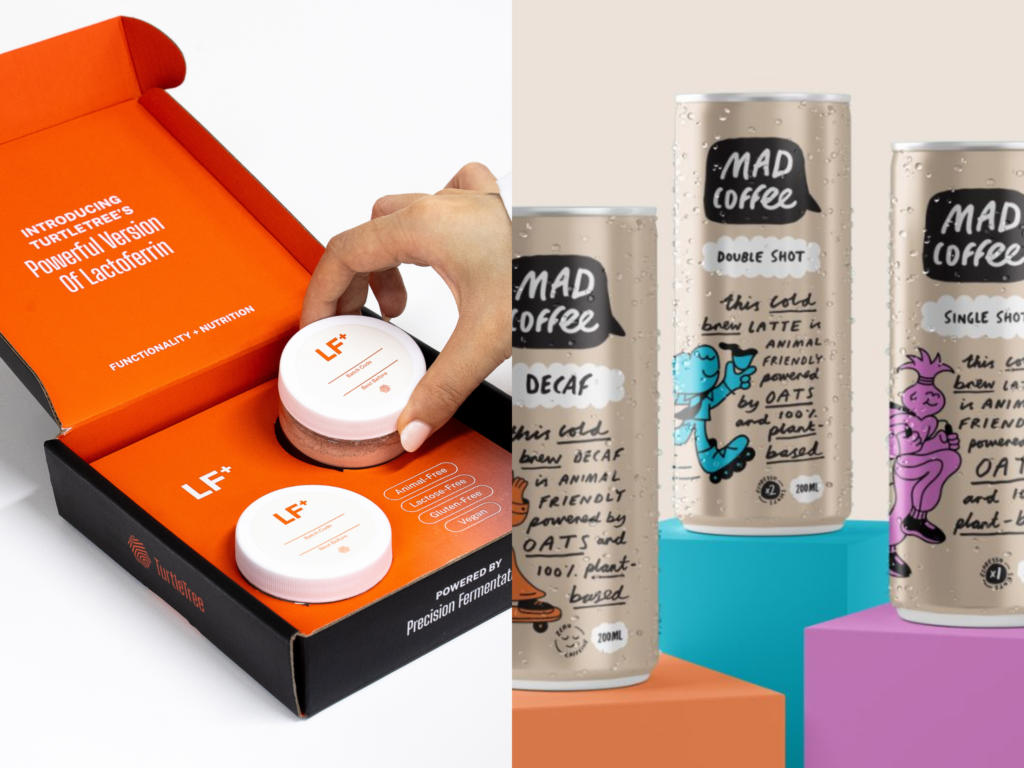
Like most in the novel food industry, TurtleTree has missed previous forecasts of product launch timelines. However, it appeared to have secured some major wins last year.
In May, it teamed up with Cadence Performance Coffee for a line of cold brew espresso shots infused with its lactoferrin powder, followed a month later by a partnership with Strive Nutrition to use its ingredient in an immunity beverage and protein powder.
The Cadence espresso products were set to be rolled out last summer via e-commerce, before moving to Amazon and brick-and-mortar retail – but in November, Lin said the date was pushed back to Q1 2025.
She was speaking to Green Queen after establishing another partnership, this time in Singapore with Mad Foods, which planned to launch a line of lactoferrin-infused canned oat milk lattes by Q2 this year, pending regulatory approval.
TurtleTree had self-obtained GRAS status in the US in November 2023, clearing the way for the firm to commercialise its protein stateside. At the time, it said it would sell at a positive gross margin once it entered the market, claiming to be the first precision-fermented protein producer to do so.
The company said it would notify the FDA of its GRAS determination – seen as a more transparent move that breeds market confidence – in 2024, a promise it followed through on. The regulator is currently assessing its application for the use of lactoferrin as an ingredient in ice cream, yoghurt, liquid and powdered milk, sports nutrition, functional foods, and even chewing gum.
Asked today whether these product partnerships would still go ahead, Lin said: “Absolutely,” adding that “our collaborations with customers remain a core focus of our work”.
Fundraising troubles mirror wider landscape
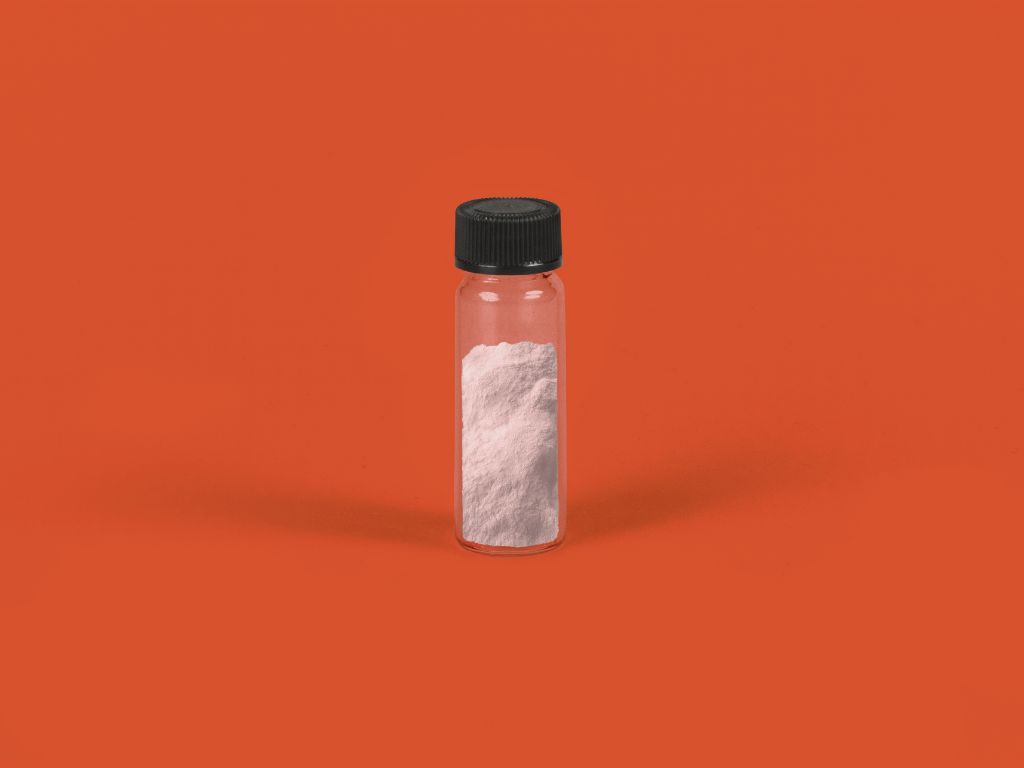
TurtleTree has been actively trying to raise money over the last year, “as [is the case] with most startups”, Lin revealed in June, when the company’s situation was more secure.
“Fundraising in today’s economic climate presents challenges for many businesses, as investors are more cautious and deliberate with their decisions,” she told Green Queen today.
Indeed, in terms of venture capital, it has been tough going for food tech companies, which received only 8% of climate finance from private investors last year. Many VCs, particularly generalists, have deserted the sector of late, with food tech startups attracting $54B in 2021, but just $15B in 2023. This is despite the agrifood system accounting for up to a third of all global greenhouse gas emissions.
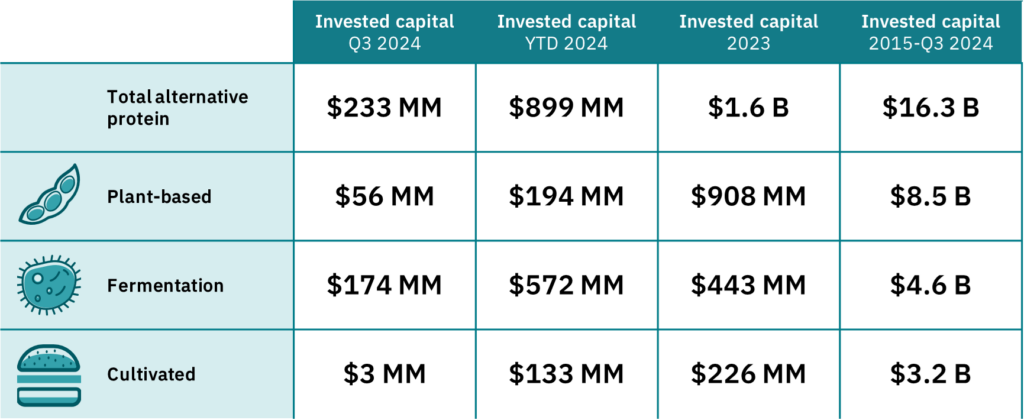
Things have been bleak for alternative protein startups in particular. Investment in the sector plummeted by 44% to $1.6B in 2023. And in the first nine months of 2024, companies in the space only raised $900M.
That said, fermentation-focused startups had their best year yet in 2024, turning the script on its head. In the first three quarters, they collectively brought in $572M, a 29% improvement from the entirety of 2024. One of the largest rounds saw Helaina, a fellow precision-fermented lactoferrin startup, raise $45M.
“While we have encountered a more complex landscape, we remain confident in the strength of our vision, our team, and the impact we’re creating in the health and wellness space,” Lin told us.
What’s in store for TurtleTree for 2025?
When asked about TurtleTree’s 2025 plans back in November, Lin had said that the startup had “a number of strategic conversations with various parties who are existing lactoferrin producers”, with some experts in strain engineering, process development and manufacturing, and others possessing specific market knowledge regarding Canada, Japan, Brazil, Colombia and more.
“These will include joint ventures around commercial activities, manufacturing and regulatory support. For these strategic partnerships specifically, we are looking to be seen as an extension in order to broaden accessibility to this important ingredient while demand is high and supply continues to be low,” she said.
“In 12 months, there will be stronger clarity around TurtleTree’s regulatory goals and timelines in terms of products hitting shelves with partners. Consumers, while being more educated in the coming year, will also have more access to begin adding this into their daily routine,” the CEO added at the time.
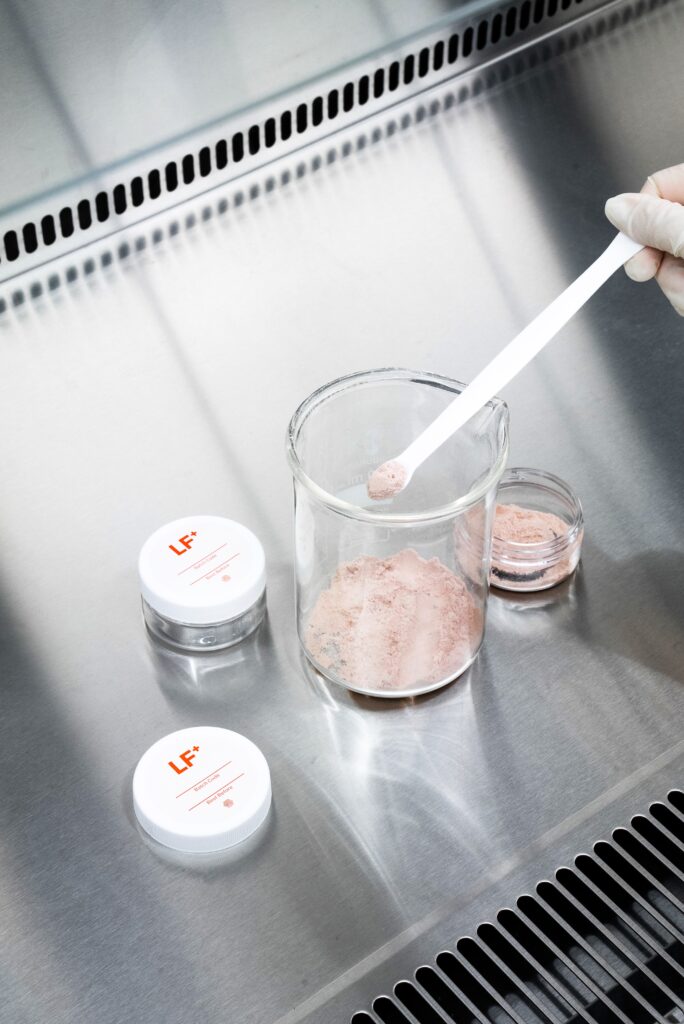
Speaking to Green Queen today, Lin reiterated that the business is positioning itself and its customers “for sustainable growth”. She described TurtleTree as “the leader in the precision-fermentation-based lactoferrin space”, noting that the company had successfully scaled to commercial volumes, “a milestone that few in this field have achieved”.
She added the company would be sharing exciting news in the weeks ahead both on the B2B and B2C front. “Our key goals this year is to support our customers in scaling their lactoferrin products by delivering high-quality solutions, fostering strong partnerships, and providing the tools and insights they need to succeed,” she explained, suggesting that “the future is incredibly exciting for us”.

